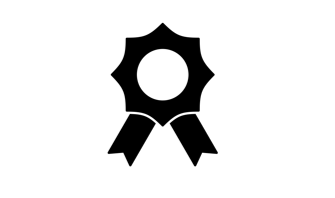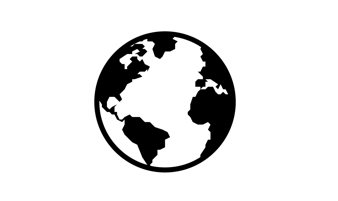Rollins School of Public Health has been ranked 5th in the nation among accredited programs and schools of public health.
The World Bank: Andilaye project
Find out more about our Andiaye project on the World Bank’s Strategic Impact Evaluation Fund (SIEF) website!
A ‘how to guide’ for NTD programmes published
Hygiene gaps: between access and practice, and from region to region
Researchers receive grant to study poultry-carried pathogens and prevention strategies in Mozambique
WHO Guidelines on sanitation and health - Webinar
Best of UNICEF Research 2018: The impact of WASH improvements on infections disease using serum antibody detection
Researchers receive $1.5M to study immunization programs with high rates of coverage
An interdisciplinary team led by Matthew Freeman, PhD, MPH, and Robert A. Bednarczyk, PhD—in coordination with partners at Georgia Tech— will spearhead the study to assess how and why several countries (including Nepal, Senegal, India, and others) succeeded in rapidly increasing vaccination coverage rates and sustaining high coverage rates long term.
Guidelines on Sanitation and Health published online
Members from our group and others at Emory have contributed in the development of guidelines that provide comprehensive advice on maximizing the health impact of sanitation interventions. By adopting WHO’s new guidelines, countries can significantly reduce the 829 000 annual diarrhoeal deaths due to unsafe water, sanitation and hygiene.
Mapping Projections of Universal WASH Access by 2030
$3.7 million R01 grant from the National Institutes of Health
Eugene J. Gangarosa Award For Excellence In International Health
Emory University Environmental Health Teaching Award
Outstanding Practicum Award at Emory University
Congratulations to Ashlin Rakhra (MPH ‘19) for being awarded the Outstanding Practicum Award at Emory University! During her practicum, she led a processes evaluation of Andilaye programming for a demand-side sanitation and hygiene promotion on sustained behavior change and health in Amhara, Ethiopia.




















